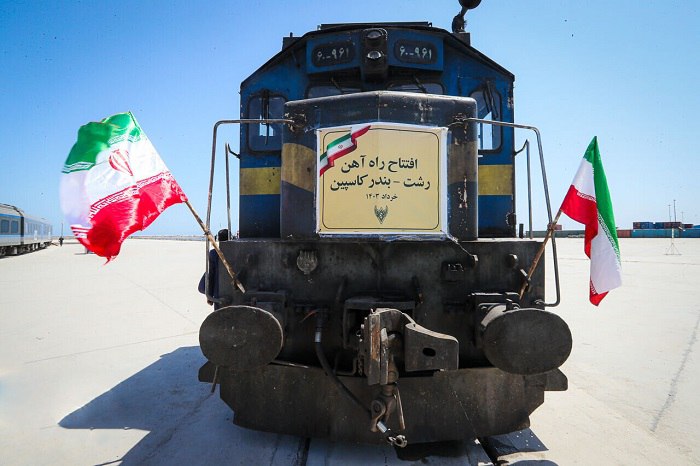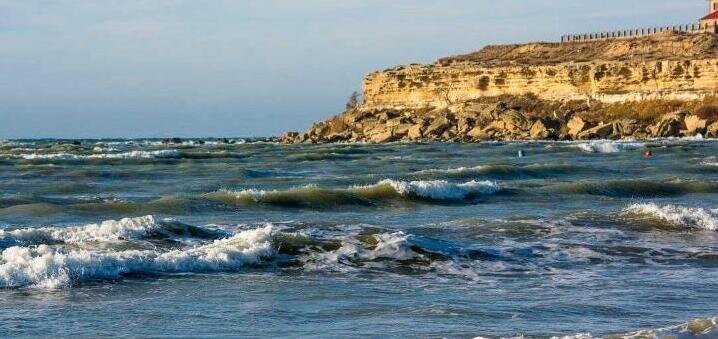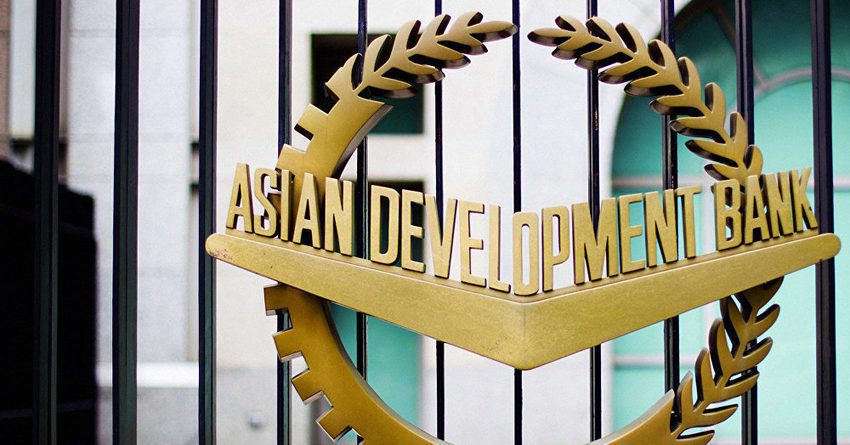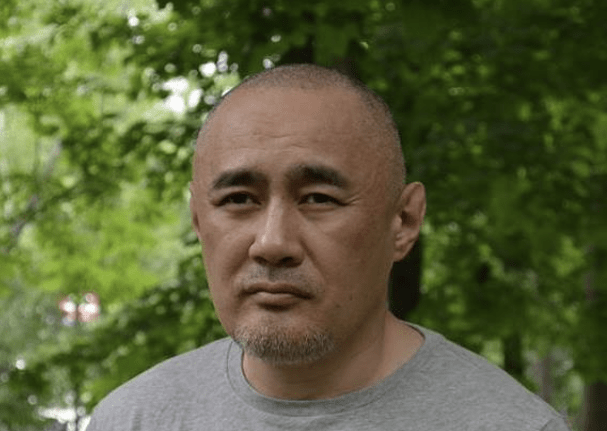On June 27, in the lead-up to Mass Media Workers’ Day, Kazakhstan’s President Kassym-Jomart Tokayev took to the stage to address a gathering of journalists and media professionals. His engagement underscored the government’s response to the public’s increasing attention to a more liberalized media landscape.
Western observers, having taken a renewed interest in former Soviet states amidst Russia’s invasion of Ukraine, are pushing these countries for progress, particularly on press freedoms. The European Center for Press Freedoms criticized the passage of Georgia’s foreign agent law that drove of tens of thousands of citizens to protest in the streets. Amnesty International condemned raids of journalists’ offices and homes in Kyrgyzstan. Reporters Without Borders downgraded Uzbekistan’s position in its State of Press Freedom Index to “very serious”.
Kazakhstan has also received its fair share of Western criticism about freedom of the country’s media. Human Rights Watch reports that “although Kazakhstan’s new mass media law has some amendments that should improve the status quo, its ambiguity and the restrictive nature of other provisions threaten to create obstacles to the work of local and foreign journalists”.
Government attitudes towards the media vary widely along the periphery of Russia and the former Soviet Union. In Kazakhstan, despite ongoing challenges and shortcomings, it is increasingly seen as the fourth estate, providing citizens with the information they need to check the government’s power.
Increasing media influence on society and elected officials
Indeed, Tokayev referred to the media as the “fourth estate” in his address, expanding on its growing roles and responsibilities in building “a just and fair Kazakhstan”. He acknowledged the media provides a “pluralism of opinion (which) is exactly what we strived for from the beginning, (and) is our fundamental achievement,” noting that it can “criticize the activities of the authorities”. He called it the “voice of the people, the messenger of the nation, and the spiritual support of society,” adding that it can “shape the legal culture”.
A recent example of the media’s influence in the legal realm in Kazakhstan can be seen in the aftermath of Saltanat Nukenova’s murder by her husband, who is a former Minister of the Economy. This tragic story garnered an enormous reaction in Kazakhstani media and resulted in calls for legislation to protect women against domestic violence. Consequently, in April 2024, the President signed what became known as “Saltanat’s Law”, and the former minister was sentenced to 24 years in prison.
A burgeoning media space, but some challenges remain
According to the TCA’s count, over a hundred independent media outlets operate in Kazakhstan through sites and social media channels. They express a wide range of opinions, including criticizing government activities. On the other hand, the government maintains the right to revoke their license to operate inside Kazakhstan. In the last year, for instance, the Ministry of Culture and Information has blocked digital currency platform, Coinbase.com, as well as an LGBTQ+ site for children called Selftanu.kz, and the Russian news portal Sputnik24.
In this environment, the June 27 ceremony did more than present rewards and bestow accolades; it also highlighted the complex relationship between the state and the press in Kazakhstan. Tokayev’s speech was largely celebratory, as he commended the endeavors of media professionals. On the other hand, he also took this opportunity to remind them of the challenges and responsibilities of their chosen profession.
Tokayev’s call for journalists to guide public discourse on societal transformation underlines a nuanced expectation. He encouraged them to “maintain objectivity and impartiality”, and at the same time, cautioned them against engaging in “self-deception and self-glorification – (as) this is the path to decay and degradation”. As such, the media is openly encouraged to enlighten and inform the public, but where the boundaries of their activities lie within the broader context of press freedoms remains a subject of discussion. While the government retains the capacity to restrict media activity, President Tokayev’s posture aims to bring about a more self-regulatory media.
His speech should be viewed within the context of the government’s domestic goals and challenges. Many media channels, whether they are funded domestically or internationally, have been used as instruments of political influence in Kazakhstan. Most often, their content has been peaceful. The authorities say, however, that some have inspired insurrections and violence against certain ethnic groups or government officials. An extreme case of this agitation was the January 2022 coup attempt during which, for a brief period, the government could not guarantee the security of its people. It was against this backdrop that Tokayev called on the media in his address to play a special role in establishing the principle of “Law and Order” in society.
Another sensitive issue is the media’s role in spreading extremist ideologies. Groups linked to religious extremism, who often originate from Afghanistan and proselytize an Islamic dogma subjugating women, are widely unpopular in Kazakhstan. Home to 131 ethnicities with deep traditions, Kazakhstan has so far been resistant to the injection of foreign value systems that risk disrupting its social order. Most local media outlets have deemed factions promoting ultra-nationalist or racist ideologies discriminating against minority groups as being harmful to the public. Tokayev’s views were thus aligned with the public’s general sentiment when he noted the critical role of journalists in “consolidating values in public consciousness”.
Striking a balance
Western democracies have evolved and strengthened over centuries. Western societies can therefore be considered quite resilient to certain types of harmful influence, such as Islamic extremism or insurrection-mongering, due to the presence of long-lasting democratic institutions and strong security structures. But even here, journalists’ activities have been threatened by government-led surveillance, prosecution of whistleblowers, and libel lawsuits. Striking the balance between an unbridled free press and the government’s overreach is always difficult.
For Kazakhstan, the increasingly open engagement between the government and the media sector offers hope, but also serves as a reminder of the challenges to safeguarding a free and fair press. It is promising that the country’s top leadership recognizes and praises the value of journalism. The road to achieving unfettered press freedoms, however, will likely be a continuous process which requires ongoing exchanges between the state and media professionals.






